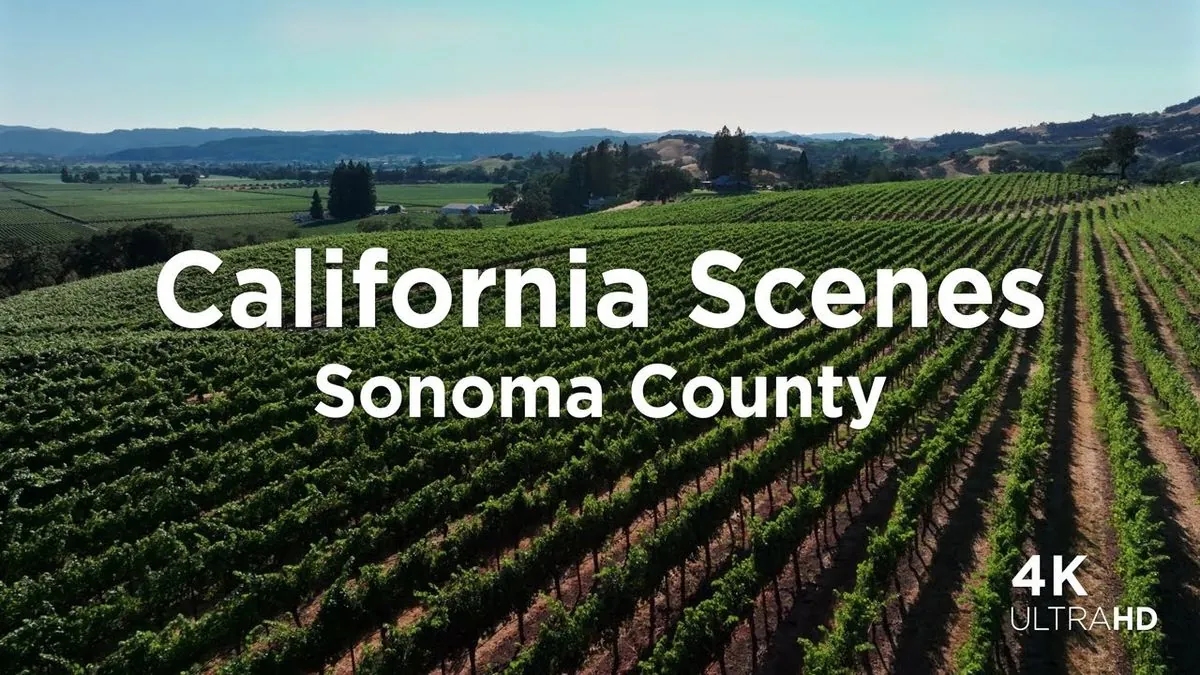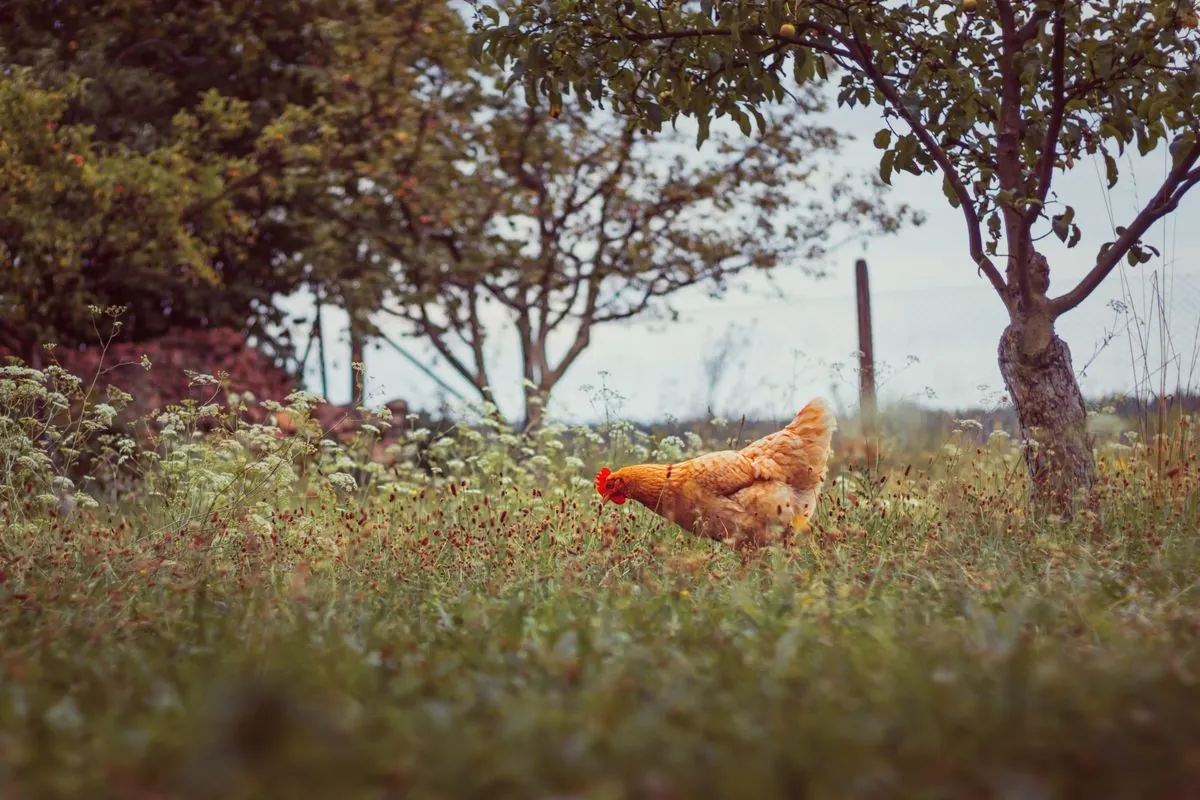Sonoma County Debates Large-Scale Farm Ban Amid Animal Welfare Concerns
Sonoma County residents to vote on measure phasing out large confined animal farms. Supporters cite animal welfare, while opponents warn of economic impact on local agriculture.

In the picturesque landscape of Sonoma County, California, a region renowned for its scenic coastlines and celebrated vineyards, a contentious debate is unfolding over the future of large-scale animal farming. This autumn, residents of this Northern California county will cast their votes on a measure that could significantly alter the local agricultural landscape.
The proposed ballot measure aims to phase out what federal authorities term as concentrated animal feeding operations (CAFOs) - farms where substantial numbers of animals are kept in confined settings. This initiative has ignited passionate discussions about animal welfare, agricultural practices, and the economic future of the region.
Kristina Garfinkel, lead organizer of the Coalition to End Factory Farming, advocates for the measure. She argues that the proposal would only impact the "largest, most destructive farms" in the county, affecting approximately 21 large-scale operations. Garfinkel contends that these facilities, which confine tens of thousands of animals without outdoor access, are detrimental to both animal welfare and smaller agricultural enterprises.
On the other side of the debate, farmers like Mike Weber of Weber Family Farms express deep concerns about the potential consequences of the measure. Weber, whose family has been farming in the area for over a century, believes that California already maintains strict animal welfare regulations. He fears that the proposed measure could force his farm, which produces organic and conventional eggs, out of business.

It's worth noting that Sonoma County has a rich agricultural heritage, with over 3,000 farms recorded in 2022. The region's Mediterranean climate and diverse landscape, covering 1,768 square miles, have made it ideal for various agricultural activities. The county's agricultural sector generates over $1 billion annually, with a strong focus on sustainable and organic farming practices.
California has been at the forefront of animal welfare legislation. In 2018, voters overwhelmingly supported a statewide measure requiring all eggs sold in the state to come from cage-free hens. This history of progressive animal welfare policies adds context to the current debate in Sonoma County.
The proposed measure has galvanized the community, with residents displaying numerous signs opposing "Measure J" throughout the county. Dayna Ghirardelli, executive director of the Sonoma County Farm Bureau, notes that while the measure has created controversy, it has also fostered community engagement and awareness about the challenges faced by local farmers.
Sonoma County's agricultural landscape extends beyond animal farming. The region is home to over 425 wineries and is part of the North Coast American Viticultural Area. The county's diverse ecosystems, including coastal areas, redwood forests, and valleys, support a variety of agricultural endeavors and contribute to its thriving agritourism industry.
As the vote approaches, Sonoma County residents must weigh the complex issues of animal welfare, economic impact, and the future of local agriculture. The outcome of this ballot measure could have far-reaching implications for the county's farming community and potentially influence similar debates in other agricultural regions across the United States.
"We're not trying to shut down all farms, but rather asking them to change. This measure has helped create more awareness about farm animal welfare."
This debate in Sonoma County reflects broader national and global discussions about sustainable agriculture, animal welfare, and the balance between traditional farming practices and evolving ethical considerations. As the county prepares to vote, the eyes of many in the agricultural and animal rights communities will be watching closely.


































